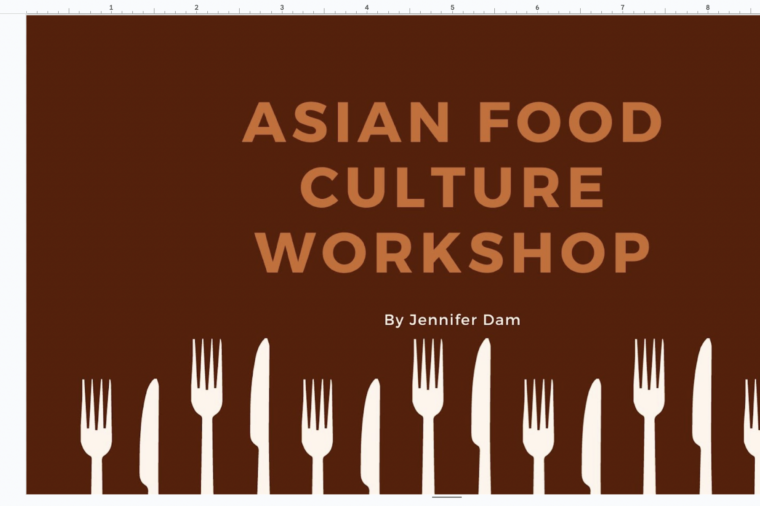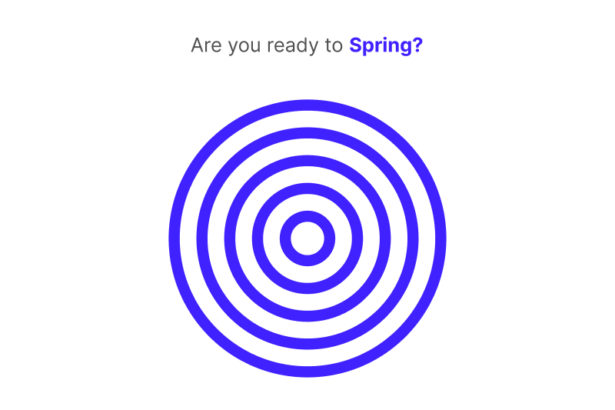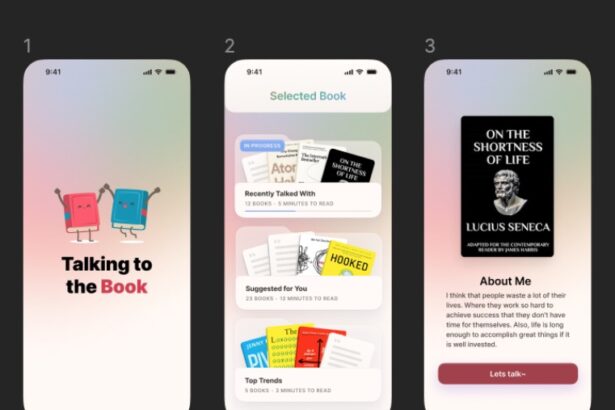
Drawing inspiration from both my K-12 and college experiences as a first-generation Vietnamese American, my project explores how affinity-based learning can be conducive to creating safe pedagogical spaces for students who are traditionally marginalized by the school system. As we learned over the summer in HPL, ethnic-racial identity formation within education is critical for adolescents as it can greatly improve their psychosocial, academic, and health outcomes. Systemic racism within education materializes in more ways than one, and research suggests that most students of color will not be exposed to any form of affinity or cultural learning until their sophomore year of college, which has adverse effects on their identity formation. My aim in this project was to solve this growing need and deliver an affinity-based workshop experience for student leaders to immerse themselves in culturally sustaining learning and have long-term spillovers in all areas of their lives.
The project was heavily driven by research and the components of my product were twofold: 1) an interactive workshop topic about AAPI food pathways for high school sophomores and juniors, and 2) a pre-work guide for faculty leaders that helps them navigate these pedagogical spaces in a socially just and sensitive manner. This learning design process reaffirmed that despite our pixelated world and growing interest in AI, learning is not solely driven by tech products or the gamification of a subject. Oftentimes, it is about structuring the content and means of engagement to empower and nourish students’ critical pedagogy.



